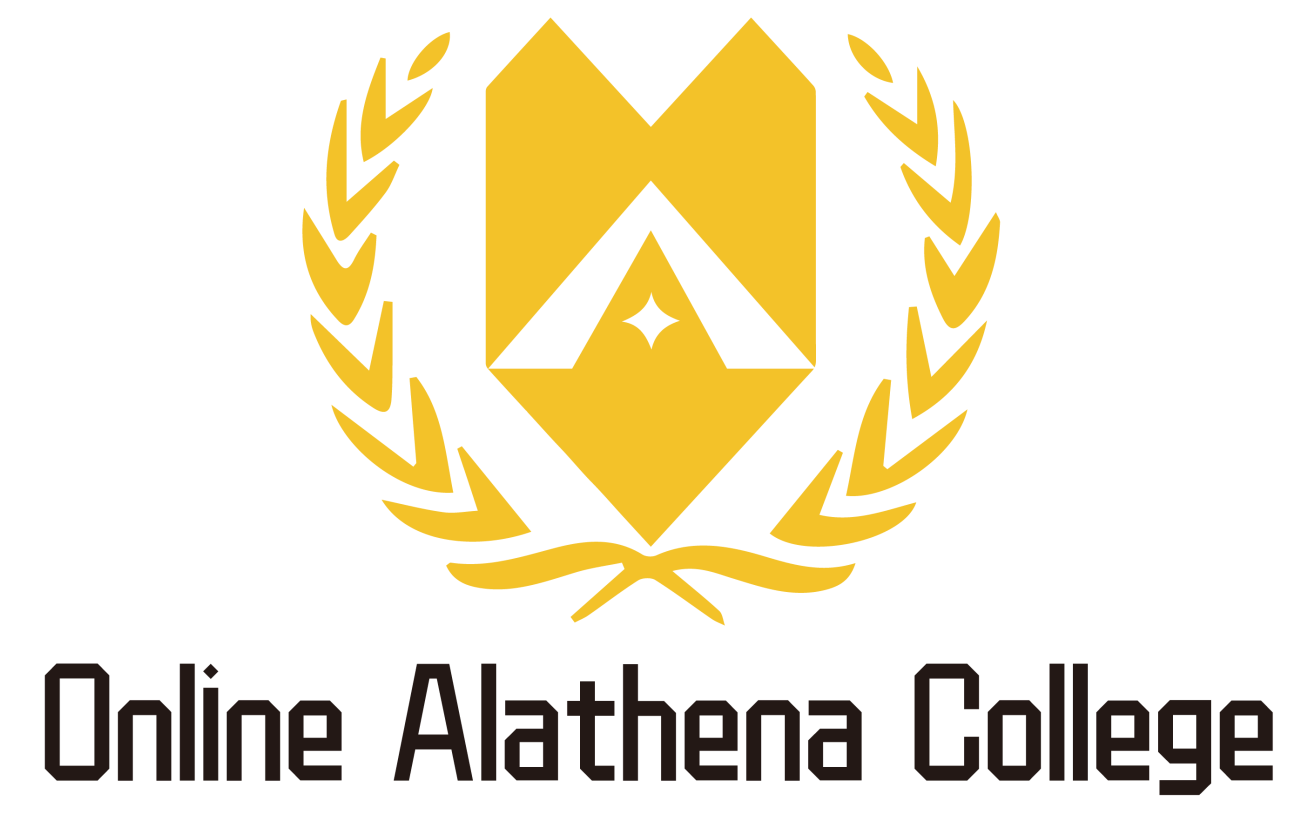ENG3U
Write your awesome label here.
-
Course codeENG3U
-
LevelGrade 11
-
Study time110 hours
-
Credit Value1.0
-
Prerequisite
English, Grade 10, University Preparation (ENG2D)
-
Curriculum PolicyThe Ontario Curriculum, English, Grades 11 & 12, 2007, (Revised)
Course Description
This course emphasizes the development of literacy, communication, and critical and
creative thinking skills necessary for success in academic and daily life. Students will
analyse challenging literary texts from various periods, countries, and cultures, as well as a
range of informational and graphic texts, and create oral, written, and media texts in a
variety of forms. An important focus will be on using language with precision and clarity
and incorporating stylistic devices appropriately and effectively. The course is intended to
prepare students for the compulsory Grade 12 university or college preparation course.
Unit 1: Short Stories
In this unit, students will be presented with numerous types of short stories. For each story there is
background information on the writer, and the actual story. There will be follow up notes on
the story to be read and discussed.
Unit 4: Novel Study - 1984
Students will read 1984 by George Orwell1984 is one of Orwell's best-crafted novels, and it
remains one of the most powerful warnings ever issued against the dangers of a totalitarian
society in this unit.
Unit 2: Poetry
This unit is designed to enforce the notion that poetry is not a
secret, incomprehensible world. Rather, if a poem is good, it should actually expand our idea
of the world and help us see things in a new and different way. All poems reveal their meaning within the poem itself.
Unit 3: Shakespeare-Macbeth
In this unit students will read, discuss, analyze and write about Shakespeare's Macbeth.
Students will read the play by scenes. On a scene page they will find an analysis and discussion
questions that deal with this scene.
Unit 5: Media Studies
In this unit students will practice identifying the purpose, audience, and messages (explicit
and implicit) being communicated by advertisers and retailers used to lure customers into
their establishments and influence them to part with their money.
Overall Curriculum Expectations
A. ORAL COMMUNICATION
- A1. Listening to Understand: listen in order to understand and respond appropriately in a variety of situations for a variety of purposes;
- A2. Speaking to Communicate: use speaking skills and strategies appropriately to communicate with different audiences for a variety of purposes;
- A3. Reflecting on Skills and Strategies: reflect on and identify their strengths as listeners and speakers, areas for improvement, and the strategies they found most helpful in oral communication situations.
B. READING AND LITERATURE STUDIES
- B1. Reading for Meaning: read and demonstrate an understanding of a variety of literary, informational, and graphic texts, using a range of strategies to construct meaning;
- B2. Understanding Form and Style: recognize a variety of text forms, text features, and stylistic elements and demonstrate understanding of how they help communicate meaning;
- B3. Reading With Fluency: use knowledge of words and cueing systems to read fluently;
- B4. Reflecting on Skills and Strategies: reflect on and identify their strengths as readers, areas for improvement, and the strategies they found most helpful before, during, and after reading.
C. WRITING
- C1. Developing and Organizing Content: generate, gather, and organize ideas and information to write for an intended purpose and audience;
- C2.Using Knowledge of Form and Style: draft and revise their writing, using a variety of literary, informational, and graphic forms and stylistic elements appropriate for the purpose and audience;
- C3. Applying Knowledge of Conventions: use editing, proofreading, and publishing skills and strategies, and knowledge of language conventions, to correct errors, refine expression, and present their work effectively;
- C4. Reflecting on Skills and Strategies: reflect on and identify their strengths as writers, areas for improvement, and the strategies they found most helpful at different stages in the writing process.
D. MEDIA STUDIES
- D1. Understanding Media Texts: demonstrate an understanding of a variety of media texts;
- D2. Understanding Media Forms, Conventions, and Techniques: identify some media forms and explain how the conventions and techniques associated with them are used to create meaning;
- D3. Creating Media Texts: create a variety of media texts for different purposes and audiences, using appropriate forms, conventions, and techniques;
- D4. Reflecting on Skills and Strategies: reflect on and identify their strengths as media interpreters and creators, areas for improvement, and the strategies they found most helpful in understanding and creating media texts

